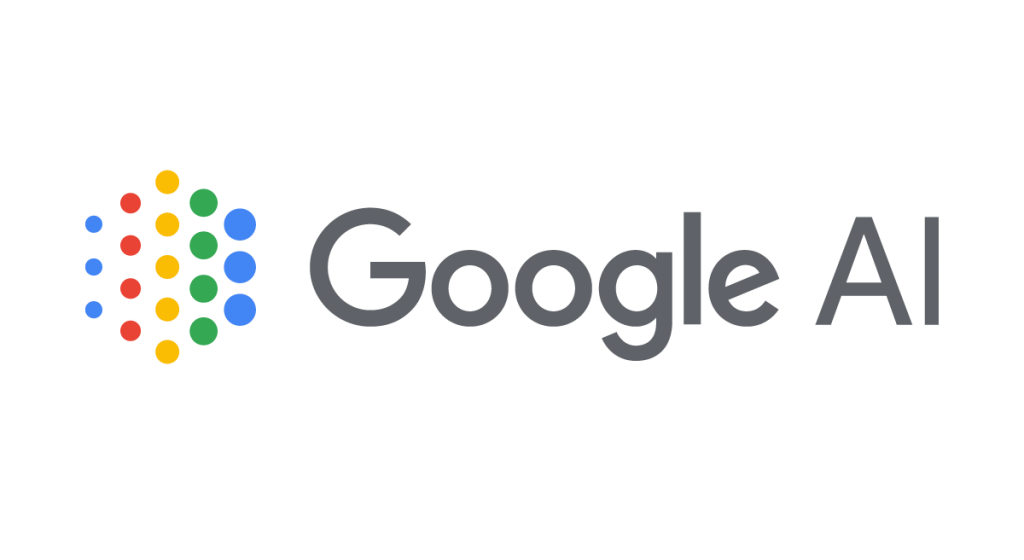Inclusion of Defense Project, Anti-Gay Leaders Incites Employee Protest
In an attempt to be more ethically responsible, Google crashed and burned in terms of public relations in its naming of an AI ethics board. According to an exclusive story in Vox.com, the board disbanded before it held its first meeting.
A Google spokesperson told Vox on April 4 that the company has decided to dissolve the Advanced Technology External Advisory Council (ATEAC) entirely, in this statement:
“It’s become clear that in the current environment, ATEAC can’t function as we wanted. So we’re ending the council and going back to the drawing board. We’ll continue to be responsible in our work on the important issues that AI raises, and will find different ways of getting outside opinions on these topics.”
Google announced the board’s formation on March 25. After the names were released, all hell broke loose among Google employees who objected to appointments of two of the board members for their backgrounds. Privacy researcher Alessandro Acquisti resigned on Twitter because of his objection to others on the board. Thousands of Google employees signed petitions calling for ousting Kay Coles James, president of the conservative Heritage Foundation think tank, which espouses and anti-LGBTQ policy, and Dyan Gibbens, CEO of drone company Trumbull Unmanned, which shepherded Project Maven, a killer drone program that had already elicited employee protests last year. The company had pledged to end its involvement in Project Maven, but instead outsourced work on it.

The appointment of Kay Coles James of the Heritage Foundation sparked a firestorm among Google employees.
Five Google employees took the lead in starting petitions calling for the removal of Kay Coles Jones from the board for her “transphobia” and her foundation’s stances. The petition from the group reads: “Google cannot claim to support trans people and its trans employees — a population that faces real and material threats — and simultaneously appoint someone committed to trans erasure to a key AI advisory position. Given this, we call on Google to remove Kay Coles James from ATEAC.”
The petition cites signatures from 2,476 “Googlers” against Jones’s appointment.
By a little more than a week after the board appointment announcement, the ATEAC board was officially disbanded.
Even before Google gave up on the initial board, Vox summed up the problem thusly:
“The whole situation is embarrassing to Google, but it also illustrates something deeper: AI ethics boards like Google’s, which are in vogue in Silicon Valley, largely appear not to be equipped to solve, or even make progress on, hard questions about ethical AI progress… A role on Google’s AI board is an unpaid, toothless position that cannot possibly, in four meetings over the course of a year, arrive at a clear understanding of everything Google is doing, let alone offer nuanced guidance on it. There are urgent ethical questions about the AI work Google is doing — and no real avenue by which the board could address them satisfactorily. From the start, it was badly designed for the goal — in a way that suggests Google is treating AI ethics more like a PR problem than a substantive one.”
Kelsey Piper of Vox writes that the importance of getting the composition of the board right can’t be understated in a time when AI can have unforeseen, far-reaching effects on global populations.
“AI capabilities are continuing to advance, leaving most Americans nervous about everything from automation to data privacy to catastrophic accidents with advanced AI systems. Ethics and governance can’t be a sideshow for companies like Google, and they’ll be under intense scrutiny as they try to navigate the challenges they’re creating.”








Leave A Comment